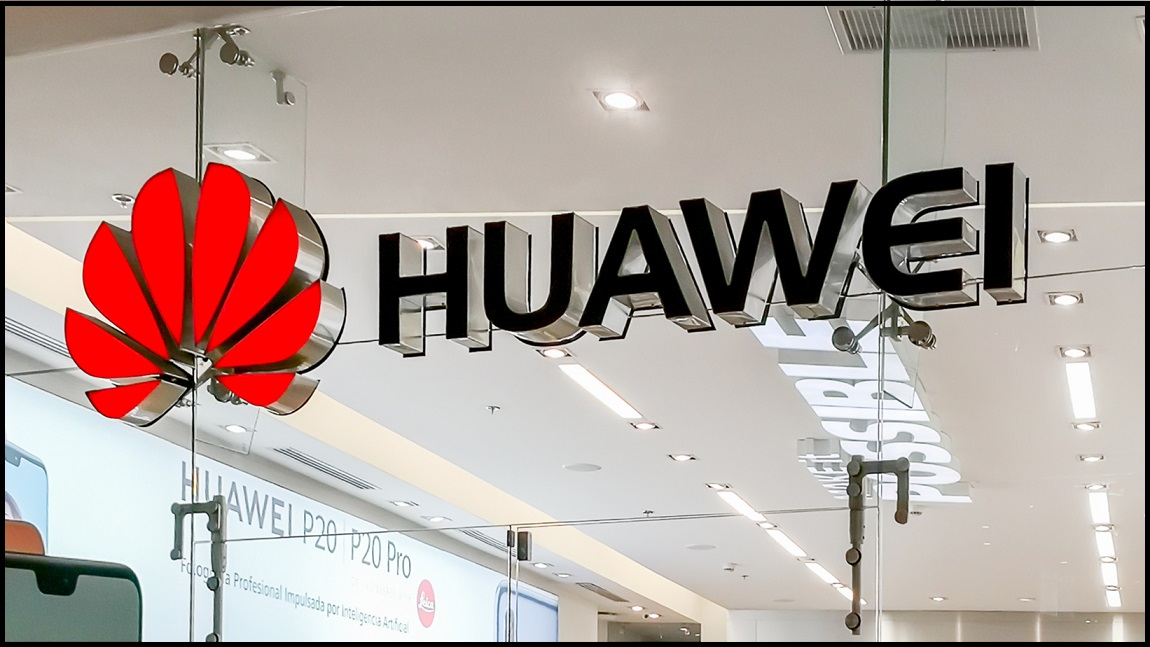Chinese telecommunications giant Huawei is winding down its commitment to the Australian market, dissolving its local board in a move that could lead to savage local job cuts.
The move will see the company’s local chair – former Royal Australian Navy rear admiral John Lord – leaving a nine-year position from which he has fiercely advocated for the world’s largest telecommunications supplier.
For years, rumours about security risks from Huawei’s relationship with the Chinese government have fuelled worldwide debate over Huawei’s suitability in providing nationally-critical infrastructure.
In 2012, the company was banned from involvement in the national broadband network (NBN); in 2018, this was extended to prevent it building next-generation 5G mobile networks.
Yet despite an ongoing, Lord-led charm offensive – which included everything from ARL sponsorships to sponsorship programs for high-achieving Australian students and a newly-announced program of public town meetings – the Australian government has held fast, time and again, to its ban.
In delivering the most recent Telecommunications Association’s Charles Todd Oration (CTO) last September, Lord claimed that security fears about Huawei were being “mischievously overplayed”, potentially damaging Australia’s access to the world-leading innovation coming out of China and other Asian countries.
Just last month, Lord told the ABC that Huawei “has got a lot more convincing and explaining to do in telling people the value of having Huawei involved in Australia.”
Australia “can’t turn its back on the Asian Century”, Lord has previously argued – but with this latest news, Huawei’s management has turned its back on Lord and the lobbying legacy he created within Australia.
The move will likely see layoffs, with the company’s approximately 1,000 staff already trimmed to around 500, and more job losses likely as Huawei scales down its local operations.
In December, Huawei warned its network of 50 local suppliers that the company’s work pipeline would dry out by the end of 2020 – causing up to 1,500 local jobs to be lost – unless the Australian government reversed its 5G ban.
Australia becoming isolated on 5G
Where it once walked in lockstep with ‘Five Eyes’ allies and European governments, the Australian government’s recalcitrance around Australia’s 5G rollout – which delayed rollouts by Optus and Vodafone as they sourced alternative suppliers for their networks – is increasingly separating it from its allies.
Huawei has posted numerous wins in the race to lock up a 5G infrastructure market estimated to be worth $1 trillion by 2025, having secured more than 65 commercial deals to roll out 5G networks.
The Indian government, for one, recently allowed Huawei to participate in 5G network trials while deals in Malaysia, Qatar, the United Arab Emirates and other countries confirmed they would allow Huawei’s 5G equipment.
Yet even as European mobile giant Vodafone confirmed it would spend $324m to remove Huawei equipment from its networks, some European governments are softening their stance against the supplier.
In December, for example, Huawei was chosen to partner with Nokia – which has a rocky relationship with dominant Deutsche Telekom – to roll out a 5G network for Telefonica Deutschland.
That decision was made over the vocal protests of Huawei antagonist the United States, which threatened to exclude partners from information-sharing arrangements if they bought equipment from the company.
Nonplussed, the UK recently softened its stance against Huawei, walking away from a ‘Five Eyes’ ban on Huawei and allowing the firm to play a limited role in the country’s 5G and gigabit-capable network rollouts with “additional safeguards”.
Australian Huawei critics, however, have held their ground: former communications minister Stephen Conroy, for one, recently reiterated his reasons for the NBN ban by warning that Huawei would “compromise the privacy of Australian citizens”.









